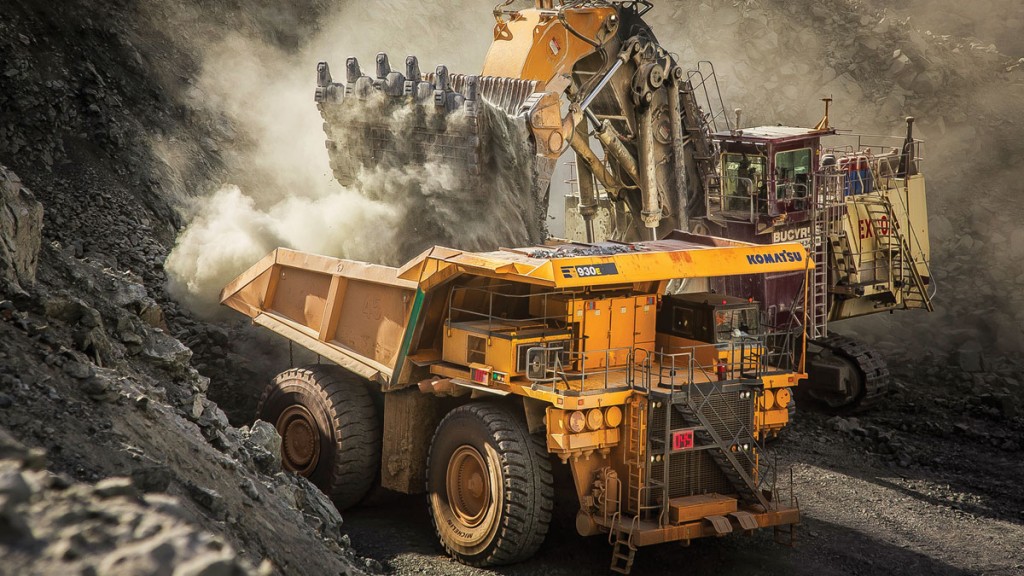
The mining giant is emerging from the commodity downturn as the industry’s strongest player.
Less than a week into the role and Rio Tinto’s new boss is steering the mining giant in a new direction. Rio has been under the watchful eye of Australian iron-ore veteran Sam Walsh for three years, but Rio’s board recently replaced him with Jean-Sébastien Jacques, a younger, French-born executive, who is immediately making his presence felt.
Jacques, who previously led Rio’s copper division, has instantly adopted a more “forthright” tone, says Marcus Leroux in The Times, dropping Sam Walsh’s plans to build the vast Simandou iron-ore mine in Guinea. Simandou has been a public relations drama for nearly two decades, as the constant focus of bribery and corruption allegations. “We don’t see a way forward” for the project, Jacques said.
Instead, Jacques is pouring $5.3bn into expanding Rio’s Oyu Tolgoi copper mine in Mongolia, growing it into the second-biggest copper mine on the planet. Its investment in Mongolia was put on hold three years ago, after tax negotiations stalled. But during talks at his house in London, Jacques smoothed over the disagreement, breaking the ice by letting his daughter ask Mongolia’s prime minister to sign her geography schoolwork.
At just 44, Jacques is one of the youngest bosses in the FTSE 100. Besides shelving Simandou and pumping money into Mongolia, he has reshuffled Rio’s divisions, bundling in together its uranium, salt and coal mines. It is a “basket-case division”, according to analysts, suggesting Rio plans to dump the combined unit. Rival miner BHP Billiton similarly hived off a ragbag of non-core assets two years ago.
Mining bosses tend to make major moves early in their tenure, says Jesse Riseborough at Bloomberg. Rio’s former head Tom Albanese launched a “calamitous” $38bn takeover of aluminium group Alcan in 2007, soon after his appointment. But the deal went so disastrously wrong that Rio has been shy of deals ever since. Mergers and aquisitions are “not on the top of the agenda”, Jacques confirmed this week. What looks more likely is a fire sale of its smaller assets. This week it sold off a coal mine in Australia for the nominal sum of one dollar, “less than the price of a cup of coffee”, says the Financial Times.
However they slice their assets, miners are inexorably linked to Chinese growth, says The Daily Telegraph. The country’s slowdown has sent iron ore tumbling from $190 per tonne in 2011 to a low of $38 last year and copper is just as vulnerable. Rio’s Mongolia mine, 80km from the Chinese border, is highly dependent on Asian buyers. But the group is emerging from the commodity downturn as the industry’s strongest player. “We have a good balance sheet,” Jacques boasts. “We are profitable at the bottom of the cycle.”